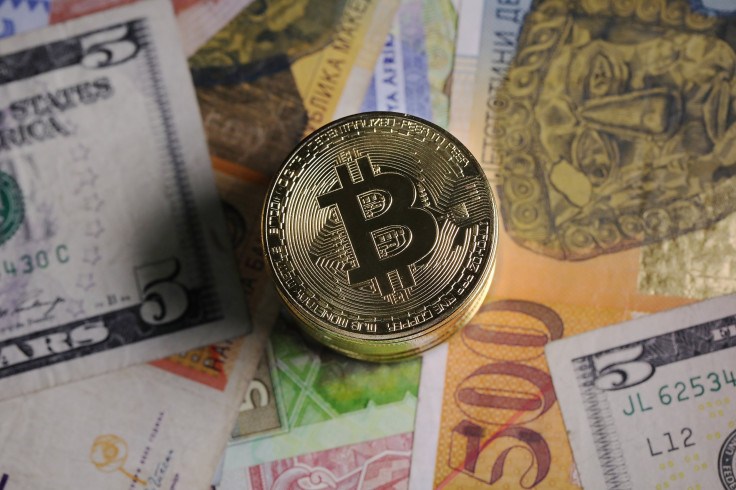Russia Bans Cryptocurrency Payments, Wants All Russian Crypto Owners Identified

KEY POINTS
- The Central Bank of Russia and Federal Security Service (FSB) are banning all cryptocurrency payments but will leave exchanging cryptos to fiat open
- The two departments previously had contrasting views with FSB open to the possibility of regulation cryptos while the Central Bank is keen on banning everything related to it
- The new law on digital assets is expected to pass parliament in spring
The two Russian departments that have struggled to agree on their position on regulating cryptos have finally decided to ban it altogether.
The Central Bank of Russia and Russia's Federal Security Service (FSB) have imposed a ban on using cryptocurrencies as payments, according to a report from local news augmented reality (newsAR) platform Baza.
But before agreeing, the two departments had previously contrasting views, with the Central Bank calling a ban on all things crypto and FSB open to regulation and legalization. It was also a stark contrast to what the country's new Prime Minister Mikhail Mishustin wanted last month -- taxing cryptos.
"A decision was made following a meeting in the government to establish a ban on the issuance and use of cryptocurrencies as a means of payment," a letter from the Deputy Prime Minister Dmitry Chernyshenko that was seen by Baza stated.
The FSB is also open to exchanging cryptos for ruble or other fiat currencies but only through specialized operators. That means that Russians can't buy a coffee from Starbucks in Russia, but if they own some cryptos, they can redeem them in fiat.
But for those looking to cash out the cryptos or even hold them will undergo some identification scrutiny and failing to do so would result in administrative and even criminal liability imposed by FSB.
China-like approach
Russia's ban on cryptocurrencies is similar to China's stance: big on blockchain, ban on cryptos. Like Russia, China is opposed to cryptos with similar bans on the digital asset. But Chinese President Xi Jinping wants the country to pursue the technology powering cryptos.
Russia's Central Bank is also pursuing blockchain and has proposed a legal framework for tokenizing assets on Monday. But the two states differ in China's ambition of a cryptocurrency of their own. China is trying to take on Libra since the country views it as U.S.-initiated despite it being proposed by Facebook and other corporations.
Banning cryptos could be due to several reasons, but one of which is the instances of fraud committed using the digital asset. There are also cases where some Russians use government-owned computers to mine cryptos.
But the new ban that is expected to pass through parliament in spring is possibly aimed at curtailing that.
© Copyright IBTimes 2024. All rights reserved.




















